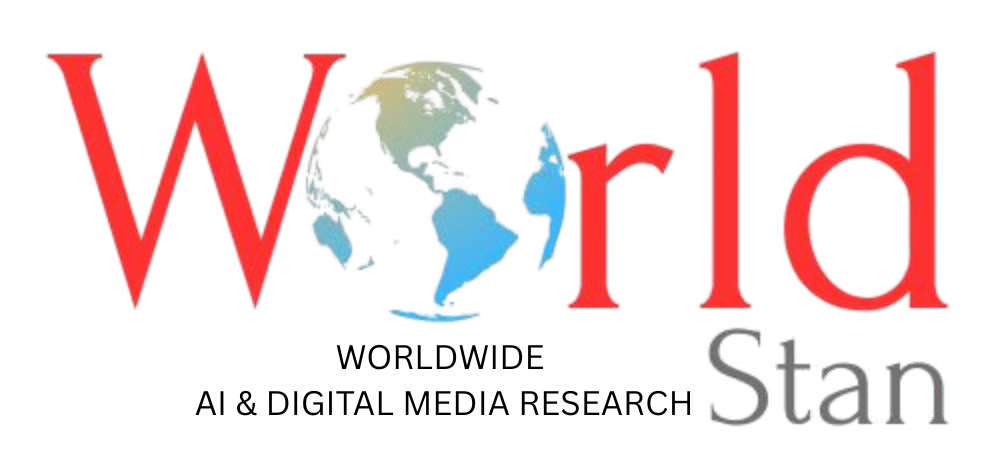"What Have We Created?": OpenAI’s Sam Altman Admits He’s Scared of ChatGPT’s Next Upgrade
In a rare and candid moment, OpenAI CEO Sam Altman has confessed that he is genuinely afraid of what’s coming next. Speaking about the upcoming GPT-5, expected to launch as early as August 2025, Altman reportedly expressed shock at the speed, intelligence, and potential impact of the new version of ChatGPT.
“What have we created?” he said — a question that echoes the fears and fascination that surround rapidly advancing AI.
GPT-5: Faster, Smarter, and More Human-like
According to sources close to OpenAI, GPT-5 is set to be a dramatic leap forward in artificial intelligence. Building on the already-powerful GPT-4 and GPT-4o (which introduced multimodal capabilities such as image and voice interaction), GPT-5 is expected to:
Understand and generate language at near-human levels
Respond instantly to queries with higher accuracy
Handle complex reasoning tasks, such as solving math proofs or writing entire software programs
Offer deeper emotional awareness and contextual memory
Possibly feature autonomous decision-making in some use cases
These capabilities have reportedly stunned even the team that built it.
Why Is Sam Altman Worried?
Altman has long been a vocal advocate of responsible AI development, but his recent remarks suggest a new level of concern. While he didn’t reveal specific incidents or results, insiders say that Altman has seen early demos of GPT-5 that made him question how fast the technology is evolving — and whether society is truly ready for it.
His concern isn’t just about performance. It’s about control.
“We built it, but it’s moving faster than we imagined. It’s both exciting and terrifying,” he reportedly told internal staff.
The Growing Debate: Progress vs. Precaution
Altman’s confession adds fuel to the already heated global debate around AI. Some experts argue that such powerful systems must be regulated and slowed down to avoid societal disruption, misinformation, job displacement, or even loss of human agency.
On the other hand, proponents believe these systems could solve global problems — from climate modeling and drug discovery to education and language translation — at scales never before possible.
Altman himself has often walked a fine line, pushing forward with innovation while calling for international AI safety standards and government oversight.
What Might GPT-5 Mean for Users?
For everyday users of ChatGPT, GPT-5 could bring incredible benefits:
Hyper-personalized conversations
More reliable and accurate outputs
Voice and video integration
Instant access to deeper knowledge
But it also raises questions:
Will users trust it?
Can it be misused?
Is it becoming too smart, too fast?

